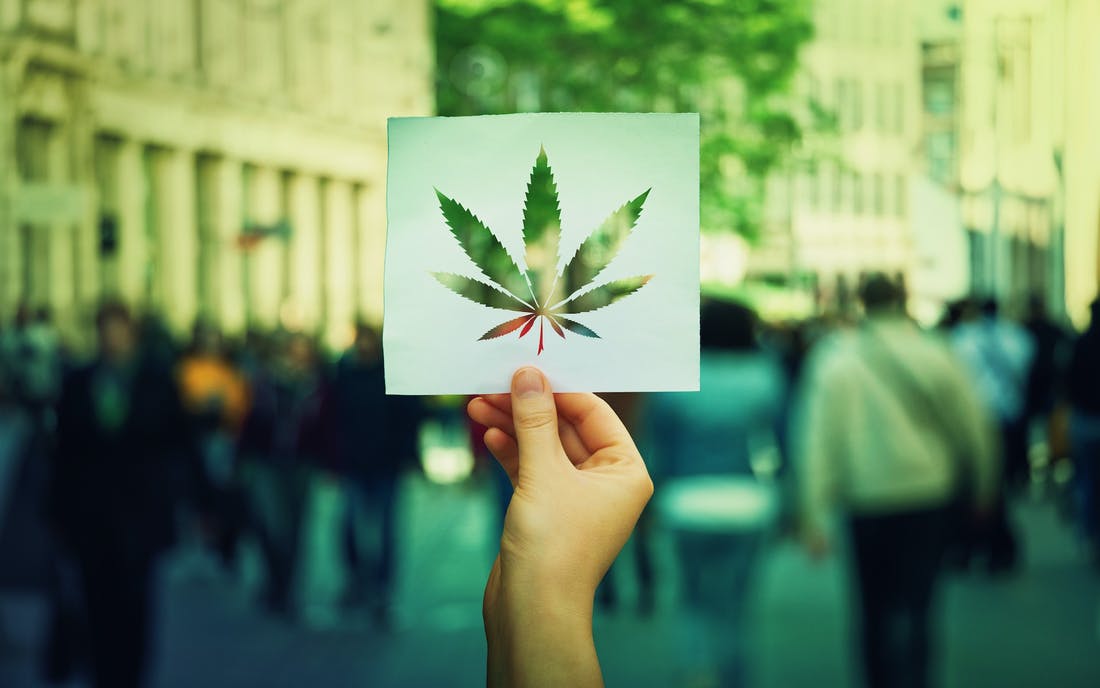The Senate on Tuesday approved an amendment bill removing kratom from the narcotics list in its third reading, a step closer to households being allowed to grow up to three kratom trees each for daily use, Justice Minister Somsak Thepsutin said on Tuesday.
Mr Somsak said the next step is for the Senate speaker to forward the bill to the House speaker, who would submit it to the cabinet. The cabinet send the legislation to His Majesty the King for final approval. He did not give details of how the Senate voted in approving it.
The bill will become law 90 days after it is published in the Royal Gazette.
Mr Somsak said supplementary laws would regulate the cultivation, possession, use and sale of kratom. The draft regulations were being considered by the Council of State, the government’s legal advisory body.
Keep reading at Bangkok Post.




















